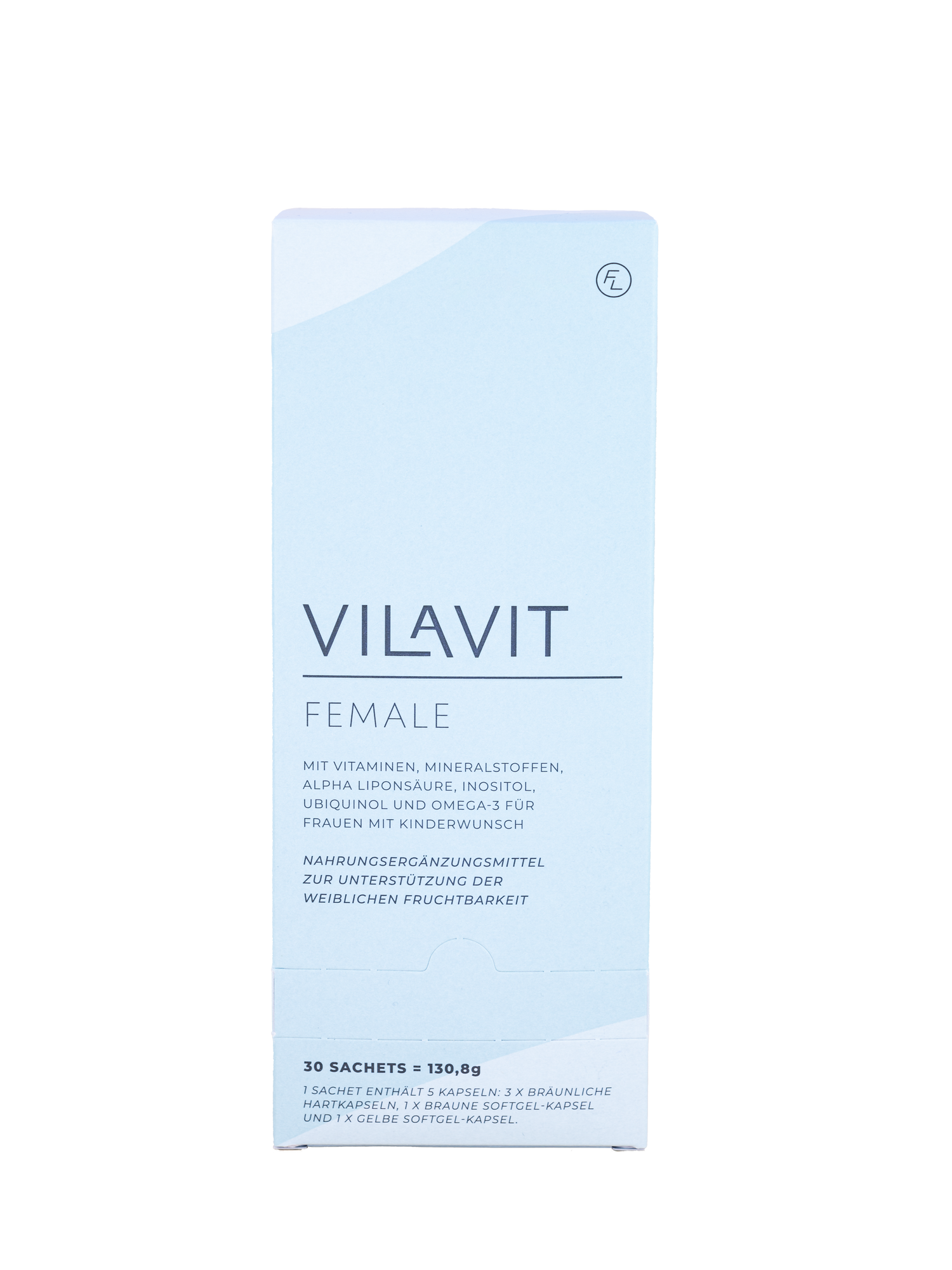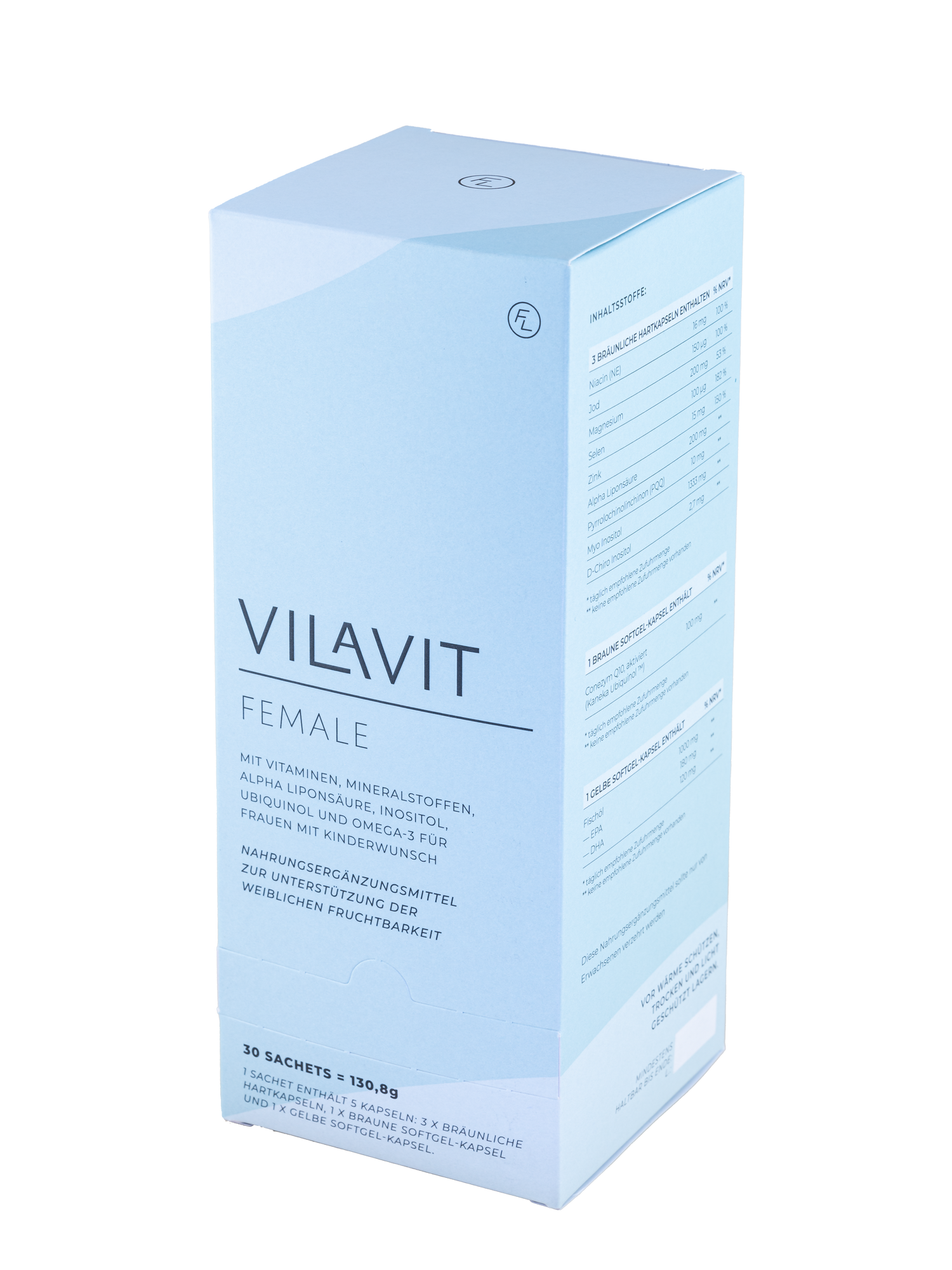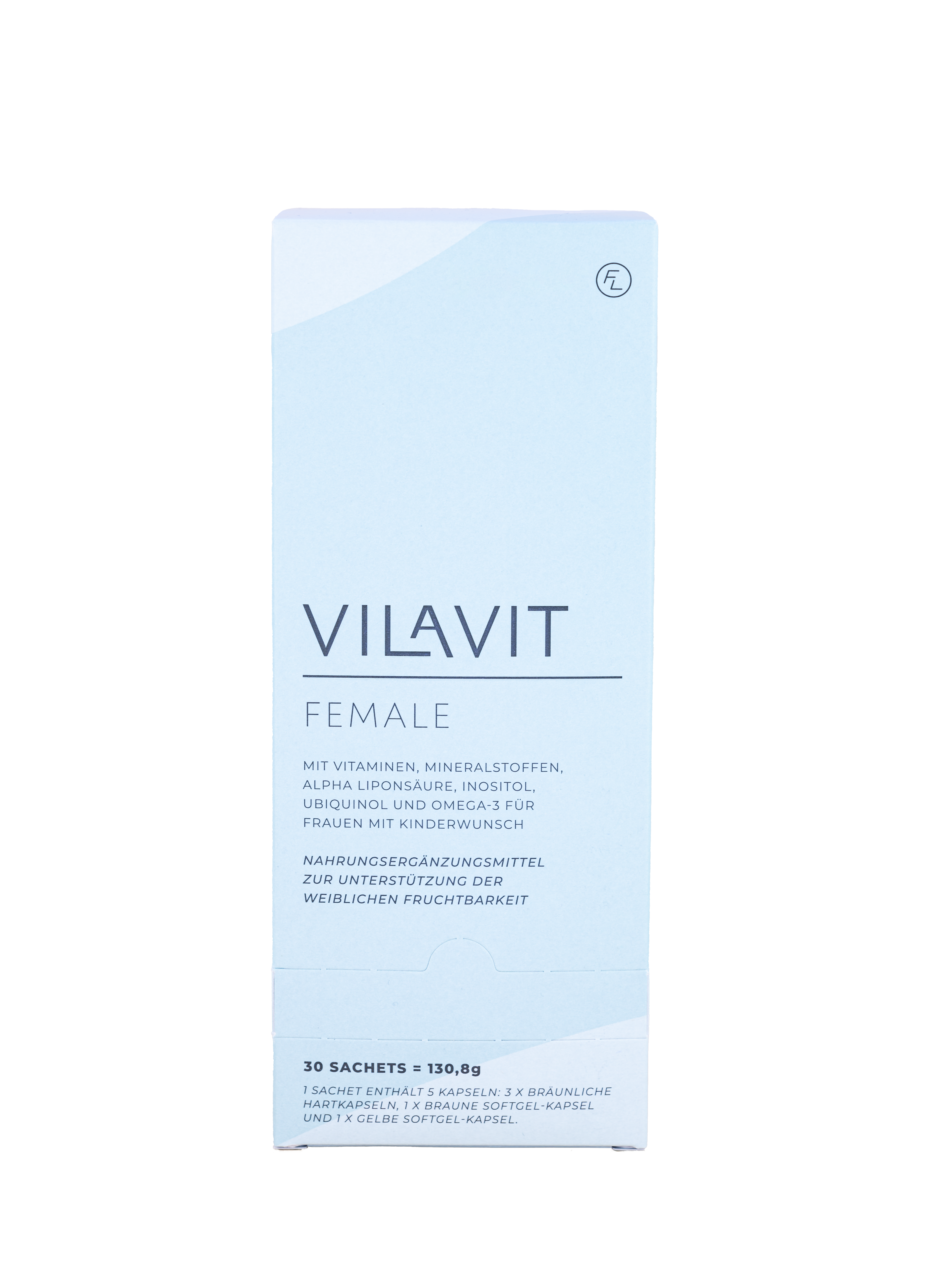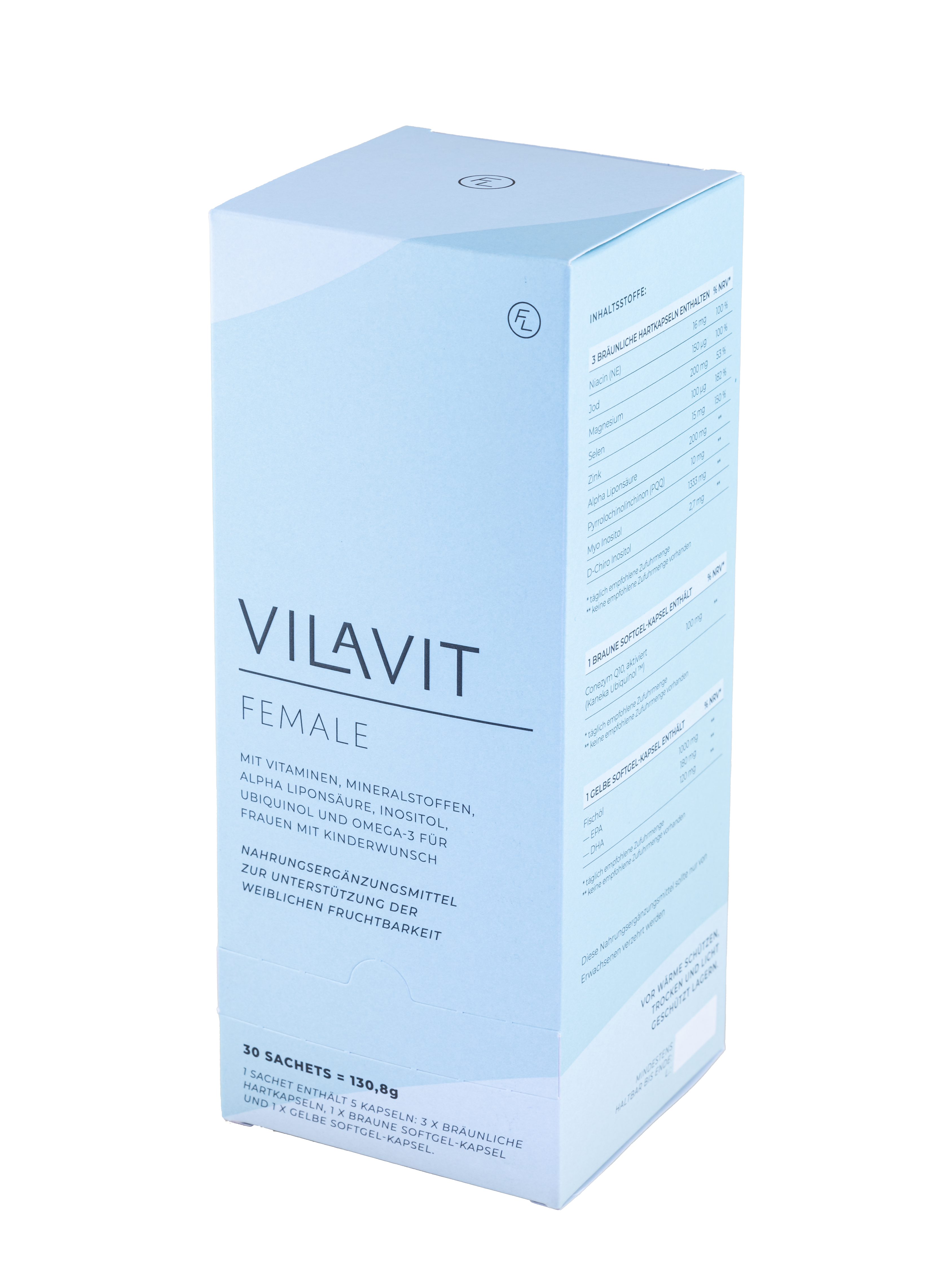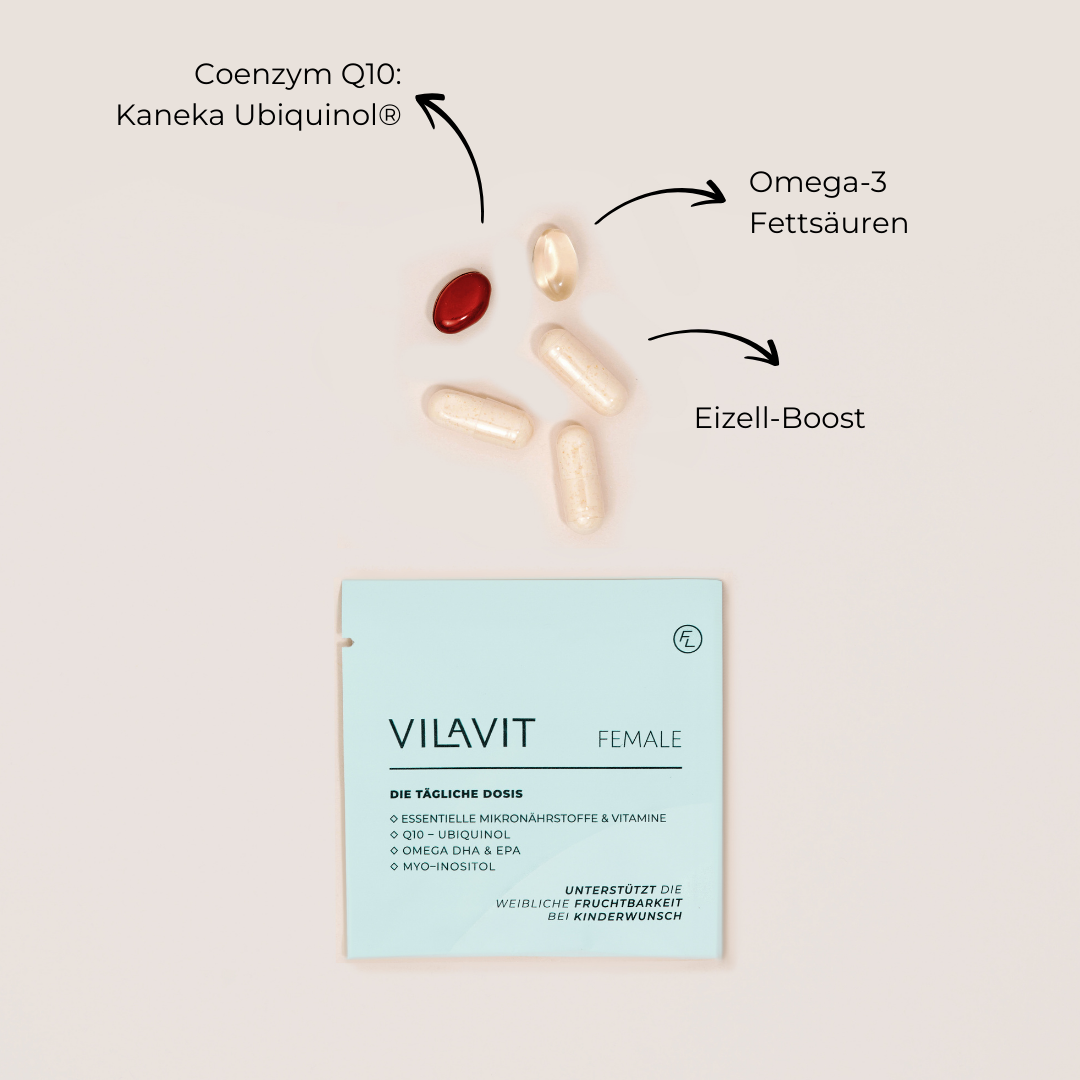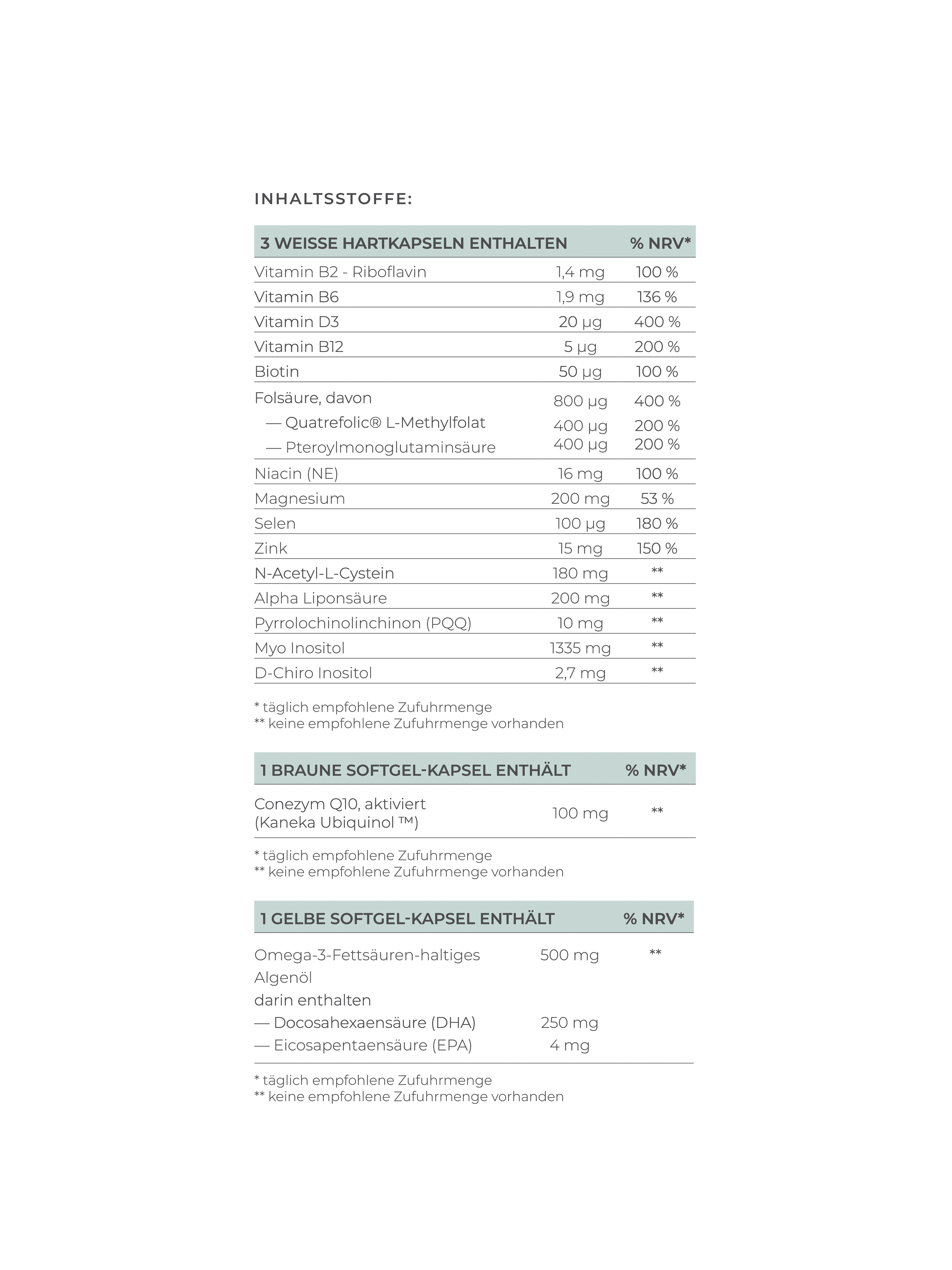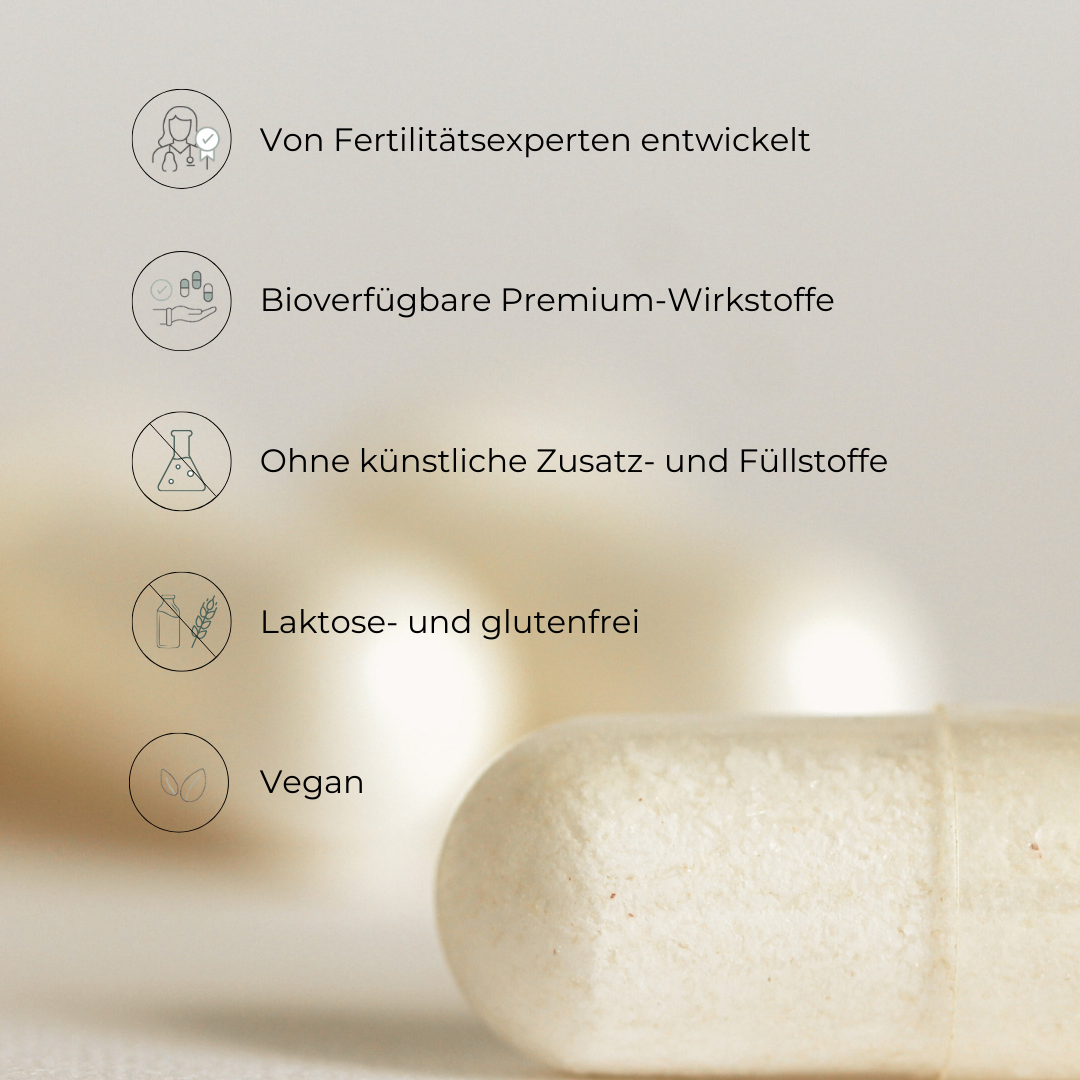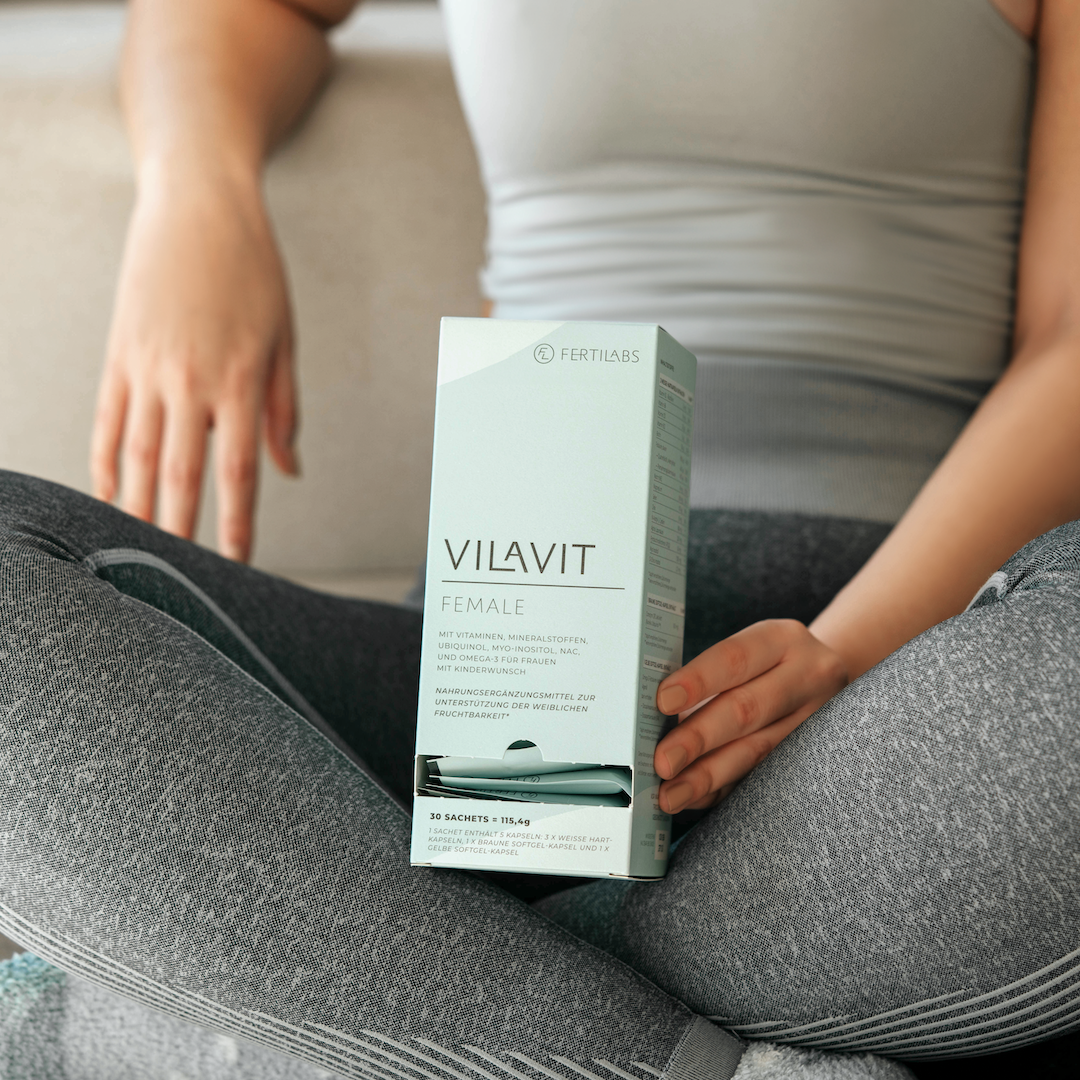Wenn die langersehnte Schwangerschaft ausbleibt, kann eine der häufigsten Ursachen männlicher Unfruchtbarkeit Oligozoospermie sein, auch Oligospermie genannt. Die Anzahl der Spermien ist im Vergleich zum Ejakulat eines fruchtbaren Mannes stark reduziert. Dies kann die Chancen auf eine natürliche Empfängnis negativ beeinflussen, da die Wahrscheinlichkeit geringer ist, dass sich die geringe Anzahl an Spermien durch den weiblichen Fortpflanzungstrakt in die Gebärmutter und die Eilleiter aufsteigen, um die Eizelle zu befruchten. Der Kinderwunsch bleibt oft unerfüllt.
Wie wird Oligozoospermie definiert?
Laut Weltgesundheitsorganisation (WHO) wird Oligozoospermie diagnostiziert, wenn die Konzentration der Spermien im Ejakulat des Mannes weniger als 16 Millionen Spermien pro Milliliter betragen.
Diagnostiziert wird Oligozoospermie mittels eines Spermiogramms, für das eine Samenprobe (nach nicht mehr als 3-5 Tage Abstinenz) erforderlich ist. Unter dem Mikroskop wird die Anzahl der vorhandenen Spermien untersucht. Der Grad der Oligozoospermie kann als mittel, mild oder schwer eingestuft werden.
Welche Ursachen gibt es für Oligozoospermie?
-
Hormonelle Ungleichgewichte
Die Spermienproduktion wird maßgeblich von hormonellen Signalen reguliert. Eine Störung des Hormonhaushalts kann die Produktion und die Qualität der Spermien beeinträchtigen. Zu den relevanten Hormonen gehören:
- Testosteron: Ein niedriger Testosteronspiegel kann die Spermatogenese (Spermienreifung / -produktion) hemmen
- FSH (Follikelstimulierendes Hormon) und LH (Luteinisierendes Hormon): Diese Hormone sind für die Regulierung der Spermienproduktion und der Testosteronproduktion in den Hoden verantwortlich.
Erkrankungen wie das Klinefelter-Syndrom oder Hypogonadismus können zu hormonellen Ungleichgewichten führen und somit Oligozoospermie verursachen.
-
Genetische Faktoren
Genetische Anomalien spielen eine bedeutende Rolle bei der Entstehung von Oligozoospermie. Zu den häufigsten genetischen Ursachen gehören:
- Klinefelter-Syndrom: Eine Chromosomenanomalie, bei der Männer ein zusätzliches X-Chromosom besitzen, was zu einer verminderten Spermienproduktion führt.
- Y-Chromosomen-Mikrodeletion: Kleine Verluste auf dem Y-Chromosom können die Spermienproduktion erheblich beeinträchtigen.
-
Umwelt- und Lebensstilfaktoren
Bestimmte Umwelt- und Lebensstilfaktoren können die Spermienzahl negativ beeinflussen:
- Rauchen: Nikotin und andere Schadstoffe im Tabakrauch können die Spermienqualität und -anzahl reduzieren.
- Alkoholkonsum: Übermäßiger Alkoholgenuss kann zu hormonellen Störungen und einer verminderten Spermienproduktion führen.
- Drogenmissbrauch: Der Konsum von Drogen wie Cannabis oder Steroiden kann die Spermienproduktion beeinträchtigen.
- Übergewicht und Adipositas: Übermäßiges Körperfett kann hormonelle Ungleichgewichte verursachen, die die Spermienproduktion stören.
-
Infektionen und Entzündungen
Bestimmte Infektionen und entzündliche Erkrankungen der Geschlechtsorgane können die Spermienproduktion beeinflussen:
- Hodenentzündung (Orchitis): Infektionen, wie Mumps, können die Hoden entzünden und die Spermienproduktion beeinträchtigen.
- Epididymitis: Entzündungen des Nebenhodens können die Spermienlagerung und -reifung beeinträchtigen.
-
Anatomische Probleme
Anatomische Abnormalitäten können ebenfalls die Spermienproduktion beeinträchtigen:
- Varikozele: Eine vergrößerte Vene im Hodensack kann die Blutzirkulation in den Hoden stören und die Spermienproduktion beeinträchtigen.
- Kongenitale Anomalien: Angeborene Fehlbildungen der Fortpflanzungsorgane können die Spermienproduktion oder den Transport der Spermien behindern.
-
Exposition gegenüber Toxinen
Langfristige Exposition gegenüber chemischen Substanzen oder Umweltgiften kann die Spermienzahl reduzieren. Beispiele hierfür sind:
- Schwermetalle: Blei, Quecksilber und andere Metalle können die Spermienqualität beeinträchtigen.
- Industriechemikalien: Exposition gegenüber bestimmten Chemikalien in der Industrie kann ebenfalls negative Auswirkungen auf die Spermienproduktion haben
Kann man trotz Oligozoospermie schwanger werden?
Die gute Nachricht: Ja, man kann auch mit Oligozoospermie schwanger werden. Die Chancen auf eine spontane Schwangerschaft sind jedoch stark reduziert, daher ist das Aufsuchen eines Facharztes dringend empfohlen. Für eine gezielte Therapie ist es wichtig, der Ursache der Oligozoospermie auf den Grund zu gehen.
Wie kannst du trotzdem schwanger werden?
Folgende Wege können helfen, trotz Oligizoospermie schwanger zu werden.
-
Behebung der zugrunde liegenden Ursachen
Medikamentöse Behandlung: Wenn hormonelle Ungleichgewichte oder andere behandelbare Ursachen für die Oligozoospermie vorliegen, können Medikamente oder Hormonersatztherapien helfen, die Spermienproduktion zu verbessern.
Chirurgische Eingriffe: Bei anatomischen Problemen wie einer Varikozele (erweiterte Venen im Hodensack) kann eine Operation in Erwägung gezogen werden, um die Blutzirkulation in den Hoden zu verbessern und die Spermienproduktion zu fördern
-
Gesunder Lebensstil
Ein aktiver Lebensstil mit viel Bewegung und ausgewogener Ernährung, Verzicht auf Alkohol und Nikotin ist empfehlenswert für eine gesunde Spermienproduktion
-
Mikronährstoffe
Wissenschaftliche Studien haben positive Effekte gewisser Wirkstoffe auf die Spermiengesamtanzahl identifiziert. Zu den wichtigsten Nährstoffen zählen
- Coenzym Q101
- Folat2
- Selen2
- Vitamin B-Komplex2
Ebenso haben klinische Studien mit gewissen Mikronährstoffe eine Verbesserung der Spermienform, Spermienbeweglichkeit, Reduzierung von DNA Fragmentation nachgewiesen. Zu diesen zählen:
- Omega-33
- N-Acetyl Cystein4
- Trans-Reseratrol5
Entscheidend für eine effektive Wirkung sind Mikronährstoffe in ihrer bioverfügbaren Form, optimal dosiert (basierend auf den wissenschaftlichen Ergebnissen). Alle relevanten Wirkstoffe zur Förderung der Spermiengesamtanzahl sowie zur Förderung der Spermienqualität findest du in VILAVIT Male. Von führenden Reproduktionsmedizinern entwickelt.
Bei leichter Oligozoospermie kann eine künstliche Befruchtung oder Insemination (IUI) eine kostengünstige und einfache Option sein. Vorraussetzung ist die Gewinnung von 2-3 Millionen progressiv bewegliche Spermien (nach einer Samenaufbereitung).
-
In-Vitro Fertilisation (IVF) oder ICSI
Bei einer moderaten oder schweren Oligozoospermie kann eine In-Vitro-Fertilisation oder eine ICSI erforderlich sein. Bei einer ICSI wird ein einziges lebendes Spermium mittels modernster Technik ausgewählt und in die Eizelle injiiziert, um diese zu befruchten.
Auch wenn Oligozoospermie die Chancen auf eine natürliche Schwangerschaft reduzieren kann, gibt es zahlreiche Wege und Behandlungsmöglichkeiten, um die Chancen auf eine erfolgreiche Empfängnis zu erhöhen. Medizinische Unterstützung durch Fachärzte, gegebenfalls eine Lebensstiländerung und Mikronährstoffe sind der Schlüssel zu einer erfolgreichen Schwangerschaft trotz geringer Spermienanzahl.
Quellen
- Safarinejad M.R. Efficacy of Coenzyme Q10 on Semen Parameters, Sperm Function and Reproductive Hormones in Infertile Men. Urol. 2009
- Agarwal A, Prabakaran SA, Allamaneni SS. What an andrologist/urologist should know about free radicals and why. 2006
- Hosseini B, Nourmohamadi M, Hajipour S, Taghizadeh M, Asemi Z, Keshavarz SA, Jafarnejad S. The Effect of Omega-3 Fatty Acids, EPA, and/or DHA on Male Infertility: A Systematic Review and Meta-analysis. J Diet Suppl. 2019
- Jannatifar R, Parivar K, Roodbari NH, Nasr-Esfahani MH. Effects of N-acetyl-cysteine supplementation on sperm quality, chromatin integrity and level of oxidative stress in infertile men. Reprod Biol Endocrinol. 2019
- Mongioì LM, Perelli S, Condorelli RA, Barbagallo F, Crafa A, Cannarella R, La Vignera S, Calogero AE. The Role of Resveratrol in Human Male Fertility. Molecules. 2021



